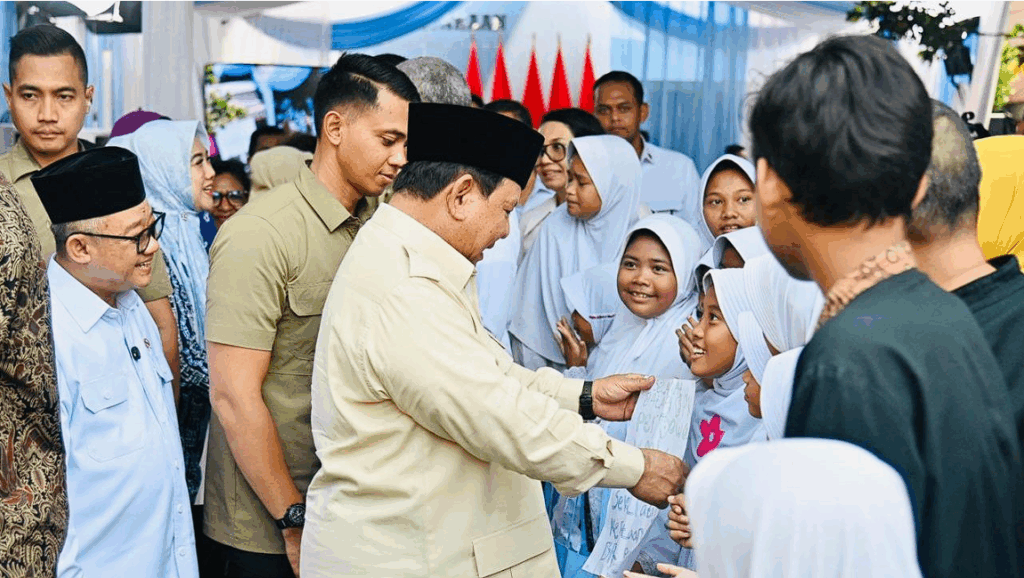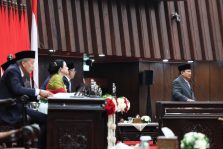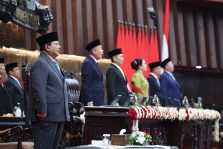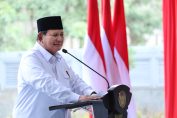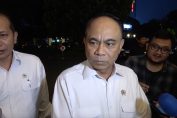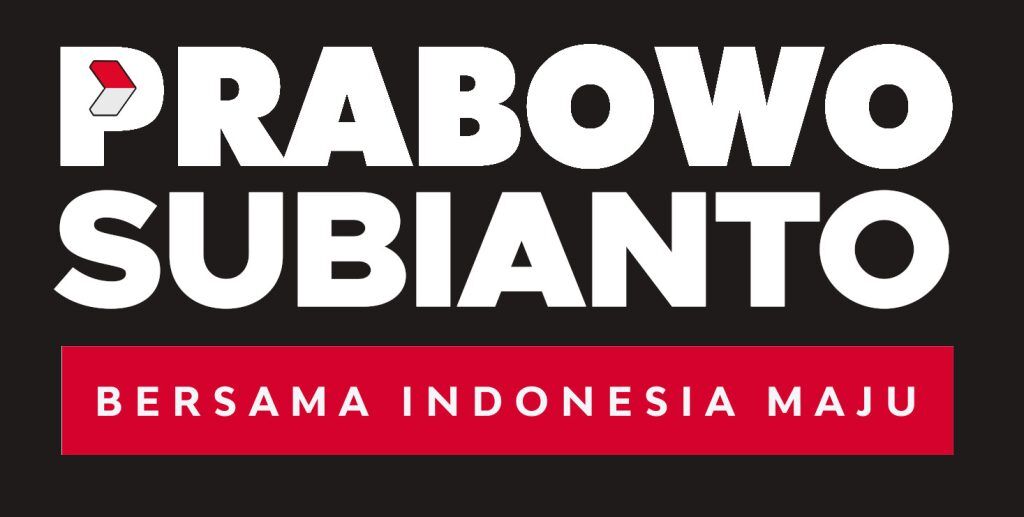Kudus — Behind every national policy, there are individuals on the ground who experience its impact firsthand. One of them is Agus Joyo Sutono, a contract-based government teacher (PPPK) at SD Dua Jati Kulon in Jati District, Kudus Regency.
With more than two decades of experience in education, Agus expressed deep appreciation for the recent improvements in the disbursement of the Teacher Professional Allowance (TPG), which he described as faster, more accurate, and more transparent under President Prabowo Subianto’s administration.
Agus is no newcomer to education. He began teaching in 2003 and, after years of service in private schools, was officially appointed as a PPPK teacher in 2023. For him, the appointment marked a turning point in his professional journey—both in terms of recognition and motivation to improve his teaching quality.
Since 2011, Agus has been receiving the TPG after earning his certification through the PLPG pathway. But it was only this year, he said, that he felt a significant improvement in the distribution system, which has greatly simplified the process for teachers across Indonesia.
“I’ve been certified since 2011 and started receiving the professional allowance that same year. It has been a great help personally, improving my standard of living as a professional, and it has motivated greater work discipline,” he said in a statement on Friday (May 23).
For Agus, the TPG is more than just a financial incentive—it is a sign of trust and state support for the teaching profession. What impressed him most was the new distribution mechanism, now using direct central government transfers to teachers’ bank accounts, which he found far more efficient and accountable.
“This year, the mechanism changed from regional transfers (in 2024) to direct central transfers (in 2025), which makes a big difference,” he explained.
Agus praised the Ministry of Education, Culture, Research, and Technology (Kemendikbudristek) and President Prabowo for what he called a breakthrough policy, removing the bureaucratic hurdles and delays that plagued the system in previous years.
“We are very grateful to Kemendikbudristek and the government, especially President Prabowo Subianto. With the new central transfer system, the process is much faster, more accurate, adaptable, and transparent,” he said.
Agus uses his TPG wisely—not only to support his family but also to fund his own education. While continuing to teach, he is currently pursuing a bachelor’s degree in primary school education (PGSD) at the Open University of Semarang.
“The TPG helps us grow. I use it for my own college tuition at Universitas Terbuka’s Semarang campus, as well as for my children’s schooling and university expenses,” he explained.
Beyond personal use, Agus embodies a spirit of solidarity at his school. He sets aside part of the allowance to help non-civil servant teaching staff (PTT) and contribute to school activities—small yet meaningful acts that reflect Indonesia’s tradition of gotong royong (mutual cooperation).
“It really helps our development and performance as teachers. It improves our well-being at school. After receiving the allowance, we also share it with PTT staff and support school activities,” he added.
Agus hopes the new policy becomes a long-term standard.
“Our hope is that the TPG continues, supporting our welfare and professional work as dedicated, disciplined teachers. May it help realize the dream of a Golden Indonesia. And may the disbursement always follow the set schedule. Amen,” he concluded.

